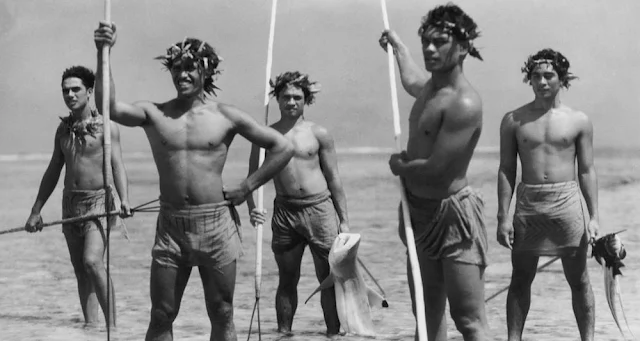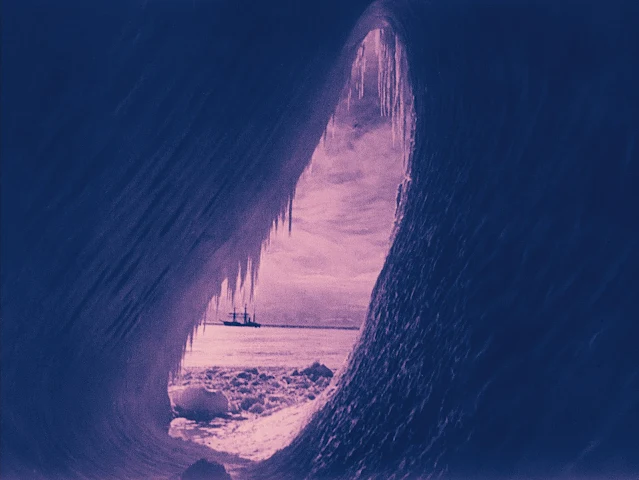 |
| Stanislas Merhar and Sylvie Testud in La Captive |
Cast: Stanislas Merhar, Sylvie Testud, Olivia Bonamy, Liliane Rovère, Françoise Bertin, Aurore Clément, Vanessa Larré, Samuel Tasinaje, Jean Borodine, Anna Mouglalis, Bérénice Bejo. Screenplay: Chantal Akerman, Eric De Kuyper, based on a novel by Marcel Proust. Cinematography: Sabine Lancelin. Production design: Christian Marti. Film editing: Claire Atherton.
Marcel Proust's In Search of Lost Time is notoriously unfilmable, but that doesn't stop filmmakers from attempting their own versions of at least parts of it. Chantal Akerman is honest in the credits to La Captive in saying that it was "inspired by" the fifth volume of Proust's work, La Prisonnière. What apparently inspired her about the book is the stalemated relationship between the narrator of the book, called Simon (Stanislas Merhar) in the film, and the woman who obsesses him, Albertine, renamed Ariane (Sylvie Testud) in the film. As Simon's desire to possess Ariane deepens, she grows ever more passive, responding to his every proposition with "If you like." As fascinating as Proust makes the narrator's obsession in the novel, it doesn't translate well to film. The intricate backstory of the narrator and Albertine provided by the novel in its preceding volumes is untranslated to the story of Simon and Ariane, leaving us to surmise what brings these two enigmatic people together -- and keeps them apart. Much has been made of the queerness that pervades the film, a lesbian filmmaker's vision of a gay writer's work, but for most viewers that's a subtext that doesn't fully inform the narrative. Akerman's choice to end the film with the possible death of Ariane -- in the novel Albertine escapes her curious imprisonment and lives to continue to tantalize the narrator -- feels melodramatic rather than thematically integral.





















